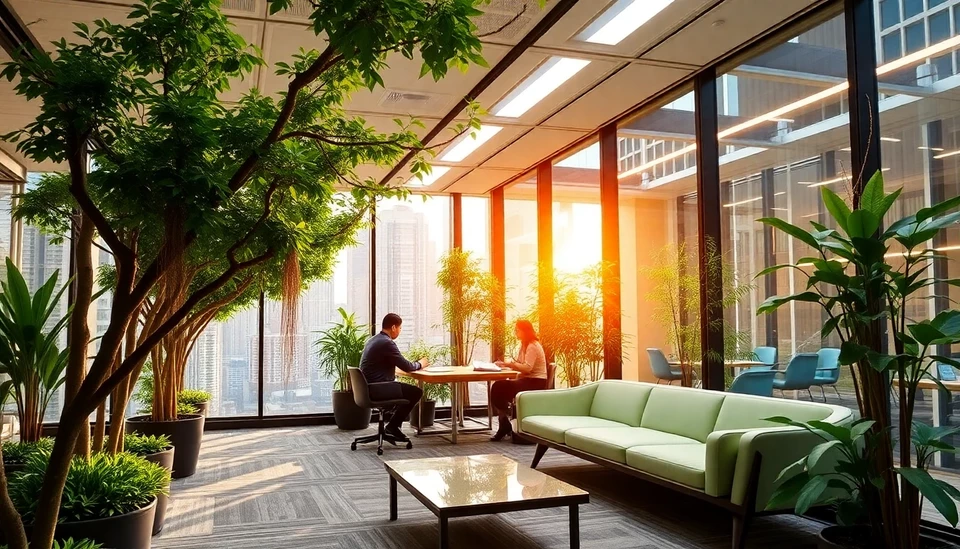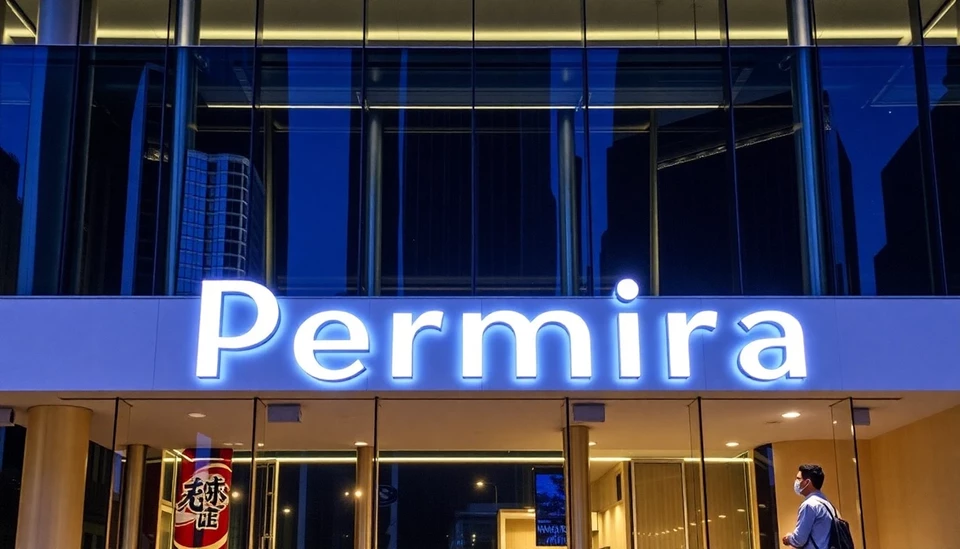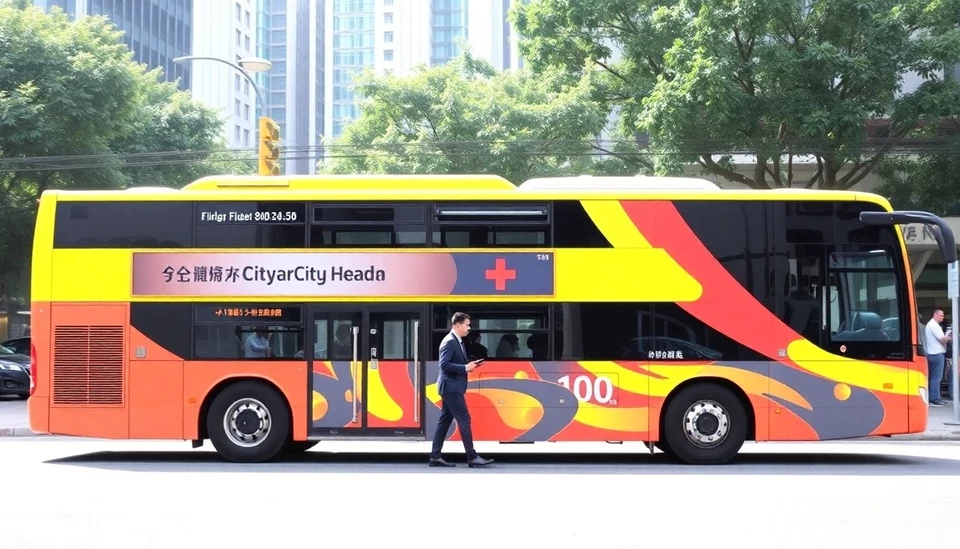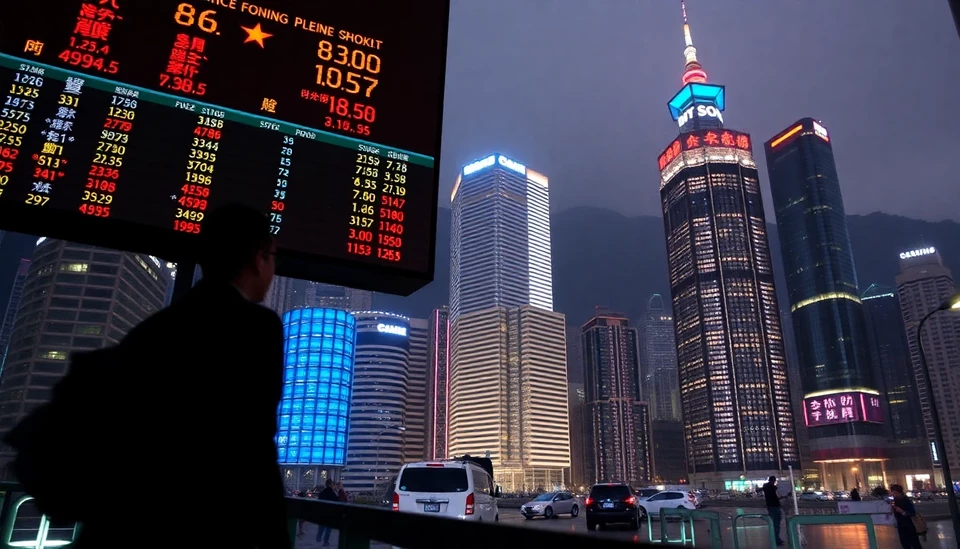
As global awareness of sustainability continues to rise, Hong Kong is facing significant challenges in upgrading its office spaces to meet green standards. According to a recent analysis, the city's commercial real estate market is lagging behind its international counterparts, which could undermine its competitive edge in the post-pandemic world.
The report reveals that while other major financial hubs such as Singapore and London are making substantial investments in green building technologies and eco-friendly renovations, Hong Kong's efforts have been notably sluggish. This deficiency is largely attributed to the city's complex regulatory framework, high construction costs, and a prevailing mindset that prioritizes short-term gains over long-term sustainability.
One of the critical aspects of this situation is the growing demand from global tenants, who are increasingly prioritizing sustainable office spaces. Businesses are recognizing that green buildings not only demonstrate corporate responsibility but also contribute to significant operational cost savings and improved employee well-being. As such, organizations are beginning to look past traditional markets in favor of greener alternatives, potentially driving them away from Hong Kong.
Industry experts argue that if Hong Kong does not accelerate its green upgrades, it risks losing out to competing cities that are actively positioning themselves as sustainable business hubs. The current inventory of commercial buildings in Hong Kong is largely outdated in terms of sustainability measures, with many offices lacking energy-efficient systems and eco-friendly features that are now standard in other metropolitan areas.
Furthermore, the challenge extends beyond just renovations; it encompasses a broader requirement for new developments to adhere to stringent environmental standards. Stakeholders in the real estate sector are calling for a concerted effort between the government and private developers to implement policies that incentivize green building practices. Initiatives could include tax breaks for eco-friendly projects, streamlined permitting processes, and the promotion of innovations in sustainable construction methods.
The urgency of this situation is compounded by the city’s aspiration to establish itself as a leader in the global financial market. In an era where environmental consciousness is increasingly influencing investment decisions, Hong Kong must act quickly to bolster its appeal as a prime location for international business.
Comparative studies highlight how cities like Singapore have successfully integrated sustainability into their urban development strategies, leading to a more attractive commercial real estate market. Singapore's approach has seen substantial reductions in carbon footprints and increased interest from multinational corporations seeking to occupy green buildings. In contrast, Hong Kong's delay in adopting similar practices places it at risk of viewing missed opportunities for attracting foreign investments and retaining top-tier companies.
As the green transition accelerates, the urgency for Hong Kong to revamp its commercial sector cannot be overstated. Without immediate and strategic action, the city may find itself struggling to compete on a global stage, as businesses increasingly look for regions that prioritize sustainable development and responsibility.
In conclusion, Hong Kong's current trajectory poses significant risks to its competitiveness. To ensure its place in the future of global business, city leaders and real estate developers must prioritize green upgrades to office spaces, aligning with the increasing demand for sustainability. The time to act is now, as the momentum of eco-conscious development shapes the new standard in commercial real estate.
#HongKong #GreenUpgrades #Sustainability #CommercialRealEstate #EcoFriendly #GlobalCompetitiveness #RealEstateTrends #UrbanDevelopment
Author: Sophie Bennett




